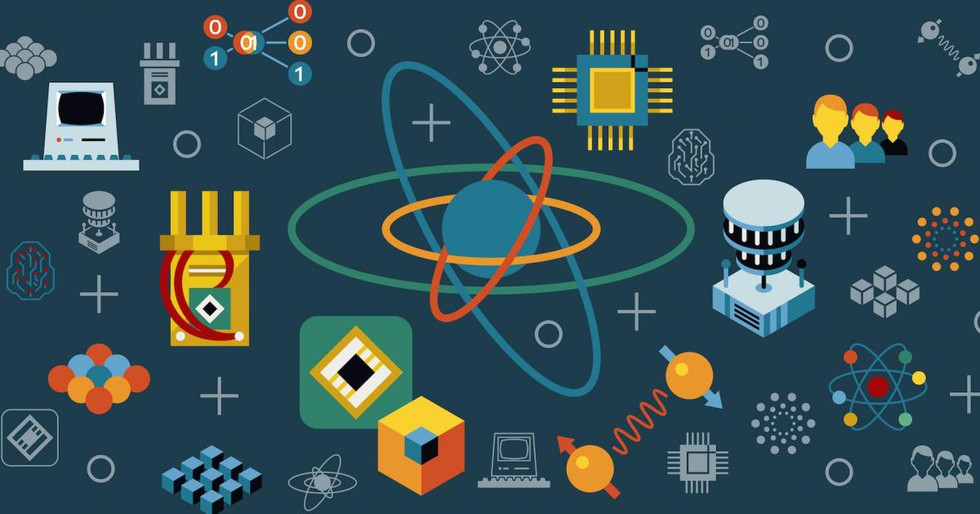About Quantum cryptography:
- It is also known as quantum encryption which uses the naturally occurring properties of quantum mechanics to secure and transmit data in a way that cannot be hacked.
- It is completely secure against being compromised without the knowledge of the message sender or the receiver.
- It is impossible to copy or view data encoded in a quantum state without alerting the sender or receiver. It uses individual particles of light, or photons, to transmit data over fiber optic wire.
- Process:
- Quantum cryptography is not replacing traditional cryptography; rather, it allows for a more secure transfer of the keys used in encoding and decoding.
- The amount of information which can be transferred using quantum cryptography is not very large or very fast, but it is very secure.
- The maximum speed, scale and security of the transfer is achieved by sending the secret key using quantum coding, but encoding and sending the data itself using traditional methods and algorithms.
- Benefits of quantum cryptography
- Provides secure communication: Instead of difficult-to-crack numbers, quantum cryptography is based on the laws of physics, which is a more sophisticated and secure method of encryption.
- Detects eavesdropping: If a third party attempts to read the encoded data, then the quantum state changes, modifying the expected outcome for the users.
- Offers multiple methods for security: There are numerous quantum cryptography protocols used. Some, like QKD, for example, can combine with classical encryption methods to increase security.
